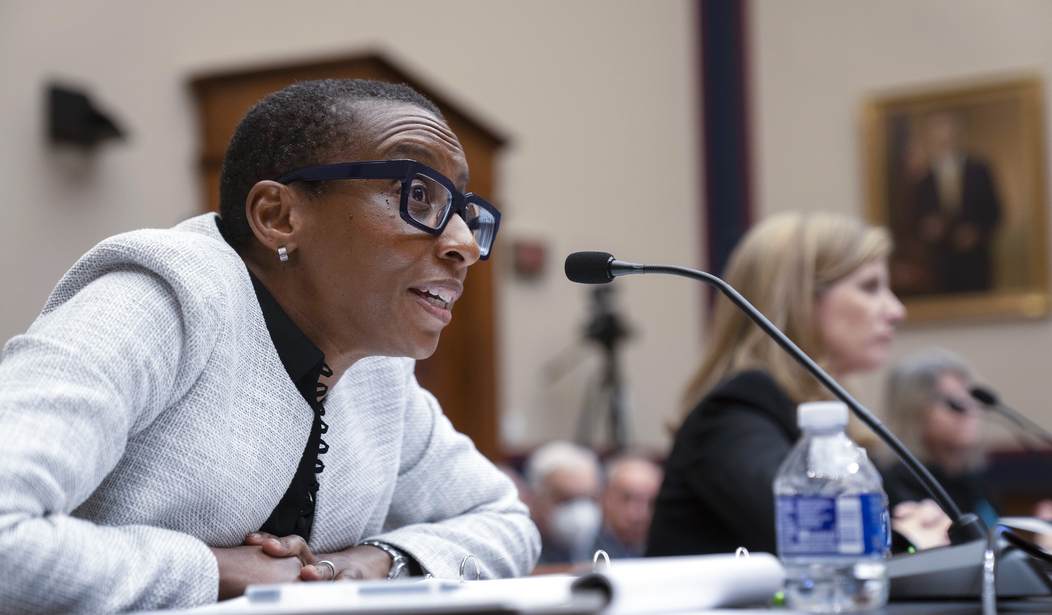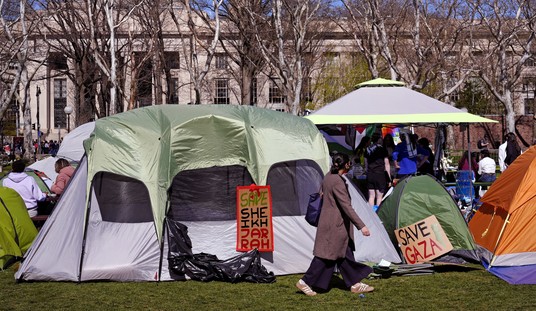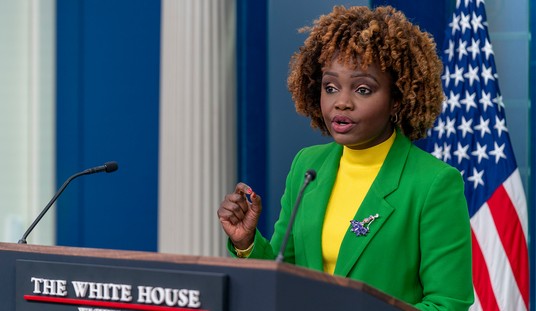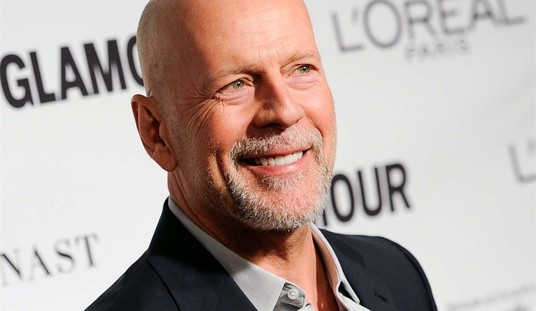A bipartisan group of lawmakers is introducing a resolution condemning comments made by various presidents of Ivy League universities regarding the rise of antisemitism on college campuses. The move comes after a controversial hearing held last week in which the university leaders insisted that anti-Israel protesters using antisemitic rhetoric and calls for genocide did not violate their rules regarding harassment — or, at least, depended on the context.
The resolution, if passed, would issue a firm denouncement of the defenses made by the university presidents.
The resolution, first obtained by NBC News, is authored by House GOP Conference Chair Elise Stefanik, R-N.Y.; the three other lead sponsors are Majority Leader Steve Scalise, R-La., and two Jewish American Democrats, Problem Solvers Caucus Co-Chair Josh Gottheimer of New Jersey and Rep. Jared Moskowitz of Florida.
It is expected to get a vote this week, Stefanik's office said.
The resolution highlights the growing problem of antisemitism in universities since the start of the current Israel-Hamas war and directly names the college presidents who participated in the hearing last week.
The resolution states that since the Oct. 7 Hamas terrorist attack on Israel, “Jewish and Israeli students have faced physical violence, hate-filled disruptions in the classroom, calls from students and faculty advocating for the elimination and destruction of Israel, and other forms of persistent harassment.”
It also states that “many university administrations have failed to address the rise of antisemitism.”
“Whereas, when the Presidents of the University of Pennsylvania, Harvard University, and Massachusetts Institute of Technology were asked if calling for the genocide of Jews violates university policies on bullying and harassment, Presidents Elizabeth Magill, Claudine Gay, and Sally Kornbluth were evasive and dismissive, failing to simply condemn such action,” the three-page resolution states.
“Whereas President Magill stated, ‘It is a context-dependent decision’; Whereas President Gay insisted that it ‘’depends on the context’; Whereas President Kornbluth responded it would only constitute harassment if it were ‘targeted at individuals’; Whereas President Magill has resigned, and the other Presidents should follow suit,” the resolution continues.
Liz Magill, President of the University of Pennsylvania, was one of those who made remarks suggesting that antisemitic speech does not violate the school’s rules. Over the weekend, it was revealed that she would be resigning from her position due to the controversy.
Harvard University President Claudine Gay also came under fire for echoing Magill’s sentiments during the hearing. She has also been accused of plagiarism. However, the college indicated that they would not be forcing Gay to resign. In a statement released to The Harvard Crimson, the leadership said:
The Harvard Corporation expressed concerns about allegations of plagiarism in University President Claudine Gay’s academic work Tuesday morning, even as the board declared its unanimous support for Harvard’s embattled president, providing Gay with a path forward to remain in office.
“As members of the Harvard Corporation, we today reaffirm our support for President Gay’s continued leadership of Harvard University,” the board wrote in a University-wide statement on Tuesday. “In this tumultuous and difficult time, we unanimously stand in support of President Gay.”
At the center of this debate is the principle of free speech, hate speech, and the Israel/Palestinian conflict. While these universities are private institutions, some have pointed out the apparent inconsistency in how they have applied their rules when it comes to certain types of speech.
In a statement, Rep. Jared Moskowitz (D-FL) argued that if Jews were replaced with another minority, the presidents “would never have given that answer.”
The rise in antisemitism on campuses is not a matter limited to academia. It is a reflection of broader issues in American society that have become exacerbated by the war in Gaza. The nation has seen an uptick in hate crimes perpetrated against Jews in cities across the country.














Join the conversation as a VIP Member